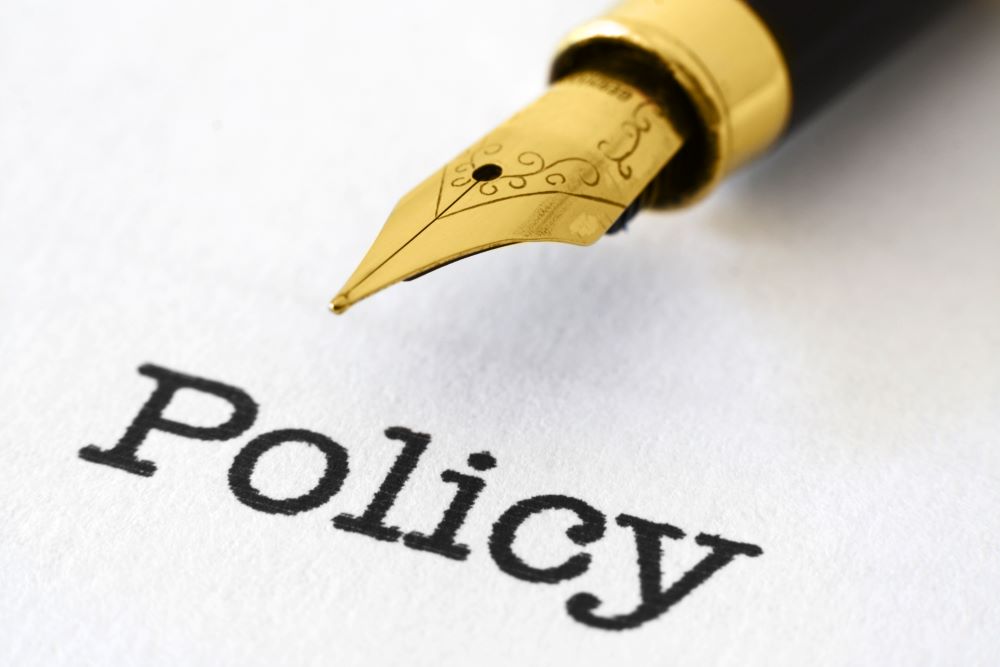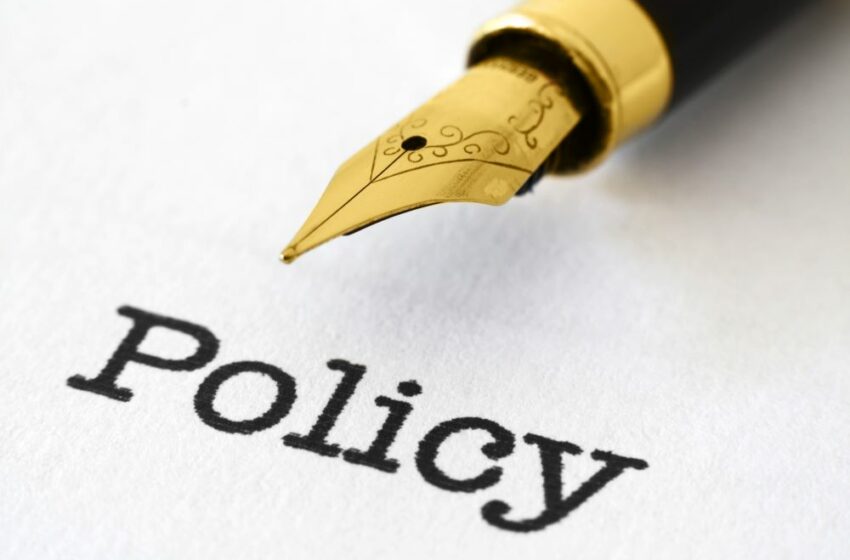
A new R Street Institute report found that while some states support one type of harm reduction, those same states may actively oppose another type of harm reduction.
The report, “Progressive Except for Nicotine: A Discussion of States’ Inconsistent Adoption of Harm Reduction Public Policy, examined the harm reduction policy landscape across tobacco, opioids and cannabis in all 50 U.S. states.
Researchers identified several important harm reduction-related policies that have varying levels of acceptance/implementation across different states or are currently in legislative flux: tobacco: state and municipal restrictions on electronic nicotine-delivery systems; opioids: states’ authorization of syringe services programs, decriminalization of drug checking equipment, and presence of state-imposed restrictions on methadone that go beyond federal regulations; and cannabis: the legal status of medical and recreational adult-use cannabis markets in each state.
Researchers then used this information to rank states as “restrictive,” “moderate” or “permissive” on harm reduction with regard to each substance. These rankings were quantitatively compared for all states, and states deemed “restrictive” on at least one substance were qualitatively examined.
The report also showed that the five states most restrictive of reduced-risk nicotine products in tobacco harm reduction are California, Massachusetts, New Jersey, New York and Rhode Island, and these states are relatively “permissive” when it comes to opioid harm reduction and cannabis use.
The researchers have suggested that lawmakers reflect on the inconsistencies between harm reduction policies across substances and put political motivations aside to support harm reduction across all substances.



